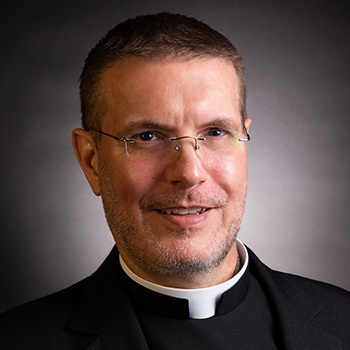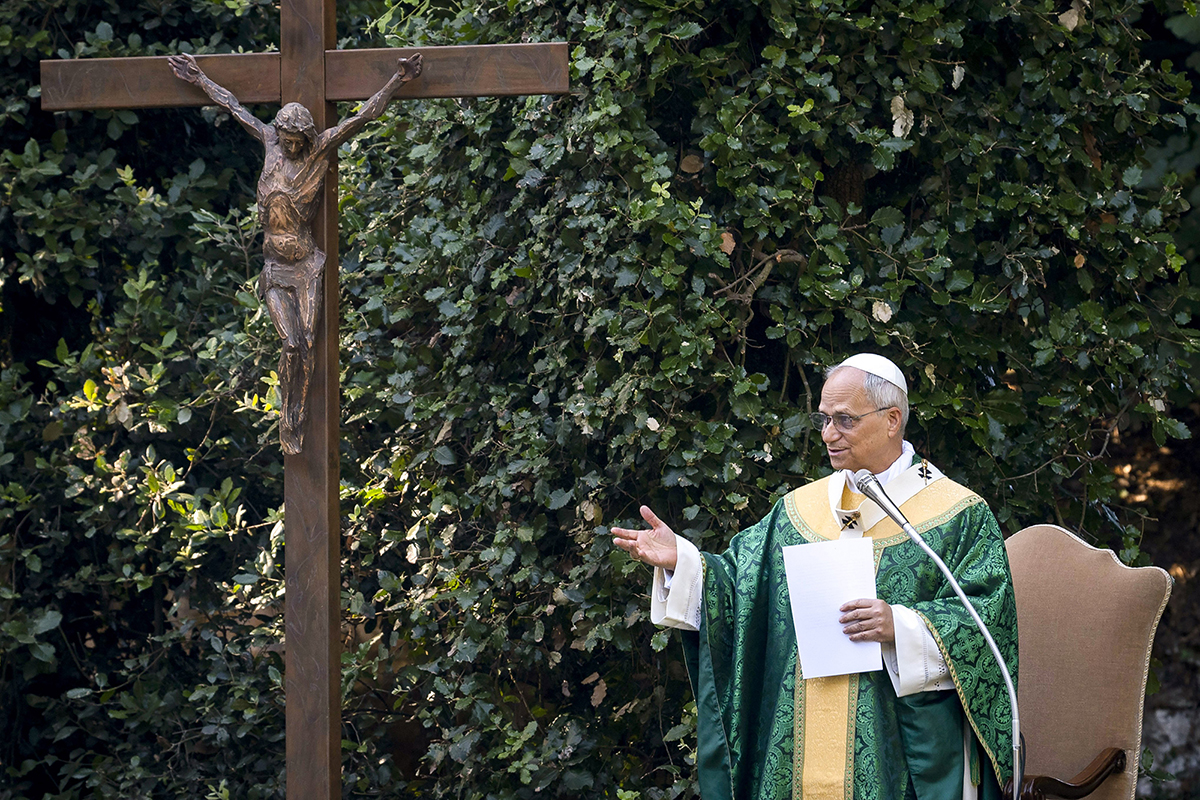DEAR FATHER | Admonishing the sinner requires discernment
Am I obligated to correct someone when I see them sinning?

As followers of Jesus, we are obligated to correct sin. In fact, admonishing the sinner is one of the spiritual works of mercy.
How we do so, however, calls for careful discernment. Many Christians come across as puritanical in the way they focus constantly on the sins of others. (The writer H. L. Mencken defined Puritanism as “the haunting fear that someone somewhere is having a good time.”) God forbid that we become puritanical in our practice of the spiritual works of mercy!
While we are all called to admonish the sinner, how we do it depends on our own vocation and the case in question. Pastors are obligated to help their parishioners confront sin within themselves in order to grow in holiness. Parents must teach their children about sin and how to avoid it. Catechists also bear responsibility in that area. These are examples of living the vocation that God has entrusted to us.
There are other ways we are called to address sin. A true friend warns another when he or she is straying into moral danger. This is true on the societal level as well. The Gospel demands that Christians confront abortion, racism, violence and other sins against the most vulnerable. We do so in many ways — through legislation, peaceful protests and educational efforts, among others.
One of the most powerful remedies for sin is evangelization. When we invite others into a personal relationship with Jesus, His love will invite them to address the issue of sin in their lives, and they will be more open to feedback from the faith community.
When we are faced with the dilemma of whether or not to correct sin in a particular situation, two questions can be extremely helpful. The first focuses on ourselves: Am I the person who should address this matter?
Sometimes individuals take on a role that isn’t theirs. For example, it is the job of the pastor or confessor to help a person discern eligibility to receive Holy Communion, not a fellow Massgoer.
The second question regards the person in question: Is he or she capable of receiving the feedback at this particular time? If not, the feedback won’t be helpful and may even drive the person further from the truth.
If we take seriously the call to admonish the sinner, we must always begin with ourselves. Each one of us sins, often quite seriously. (As one retreat director put it, given the right set of circumstances we are capable of anything, even crucifying Christ Himself.) By humbly owning up to the fact that we are sinners, we will have greater credibility in confronting the sins of others in appropriate ways.
One of the best examples of this is found in Alcoholics Anonymous and other 12-step programs. The person struggling with destructive behavior acknowledges to himself, to God and to another person “the exact nature of his wrongs.” He then works on personal conversion while sharing his story with others who struggle. It is a witness of hope rather than of judgment, and it comes from one who knows from experience what true freedom looks like. That should be the approach of the Christian when correcting sin. We know what it feels like to be bound by sin, and we know how forgiveness leads to freedom. Having found that freedom, we want to share it with others.
Father Scott Jones is pastor of Sts. Teresa and Bridget Parish in St. Louis.




